Powdered metal is used to make solid parts from metal powder. Read More…
Since 1967, PSP has been a leader in small, intricate custom powdered metal parts for a wide range of industries, such as Sports & Recreation, Power Tools, Industrial Equipment, Oil & Gas.
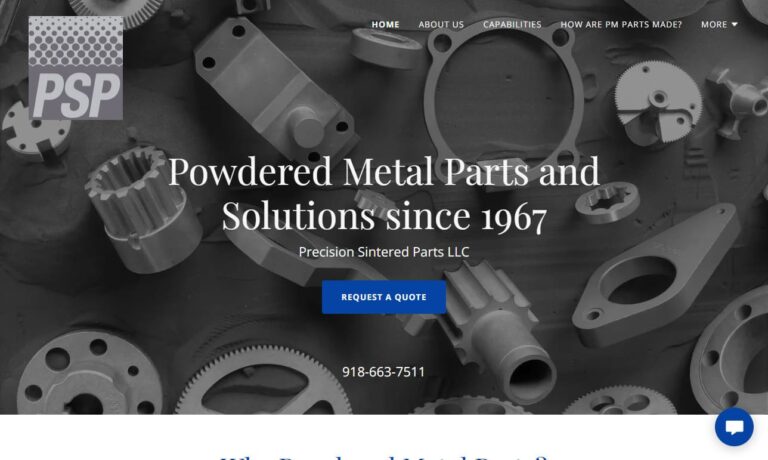
Liberty Pressed Metals is a designer and producer of Powder Metals (PM) components for use in various industries, such as automotive, lawn and garden, office equipment, power tool, home appliances, and more. Our process boost product strength, precision, and durability. We are ISO 9001: 2015 certified. Our quality management system assures top-quality sourcing of materials, as well as unmatched...
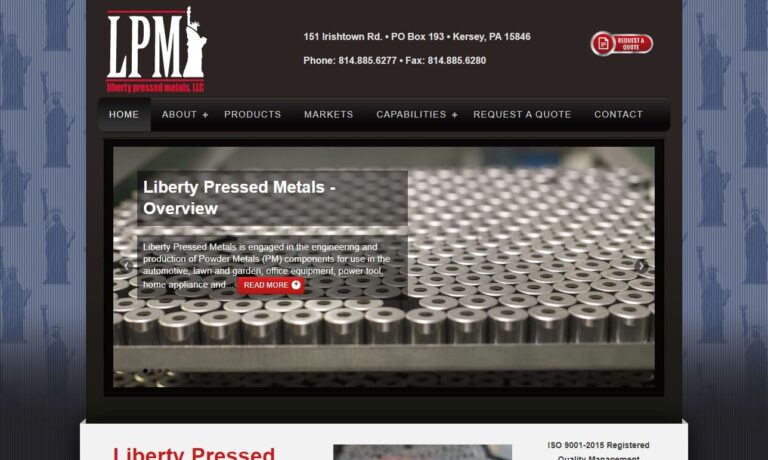
Metaltech, Inc. has been in the metal powdered industry since 1989 in the heart of Dubois, Pennsylvania known as the capital of powdered metal. Our mission is too work with our customers to determine the efficient and economical method of production. We want to bring you the best product at the best price. Call today or visit our website for more information!
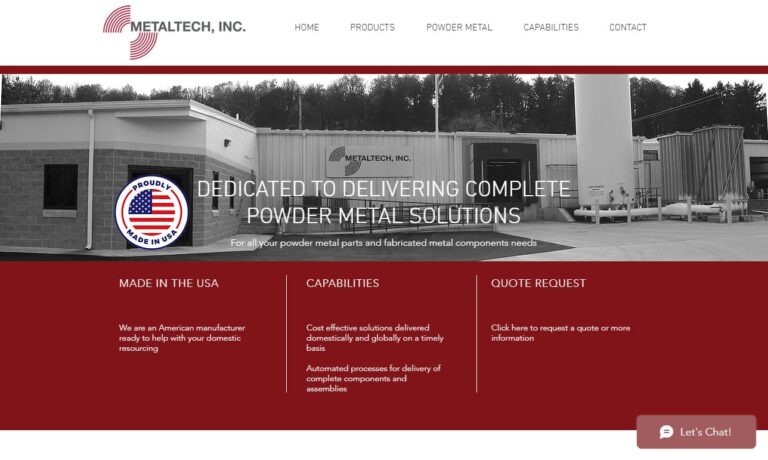
Founded in 1947, Clarion Sintered Metals is a trusted source for powdered metal parts. Clarion’s powder metallurgy specialists assist in the manufacturing of a variety of precision, cost-effective parts and components to ensure you receive the best in quality. From design assistance to finished sintered metal parts, ISO/TS 16949: 2002 registered Clarion has the expertise to meet any challenge.
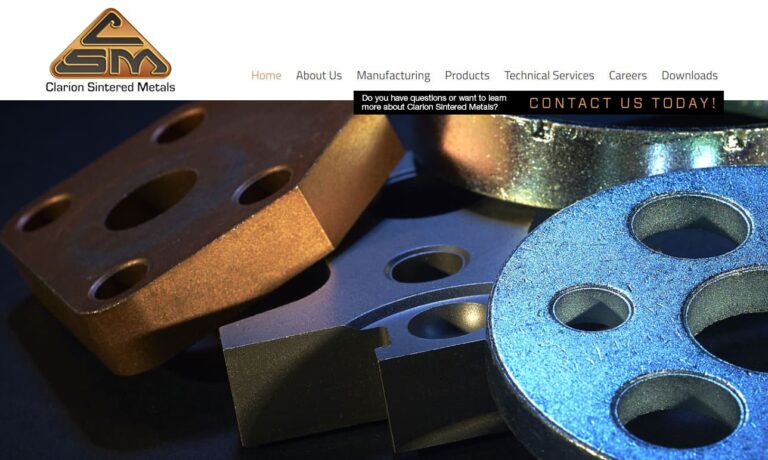
Our metal injection molding cannot be topped! We have years of field industry experience that we want to put to work for you. It is our mission that we will be able to offer high quality customer service as well as products that will withstand the tests of time to provide lasting value. For more information on what we may be able to do for you, get in touch with our customer service department...
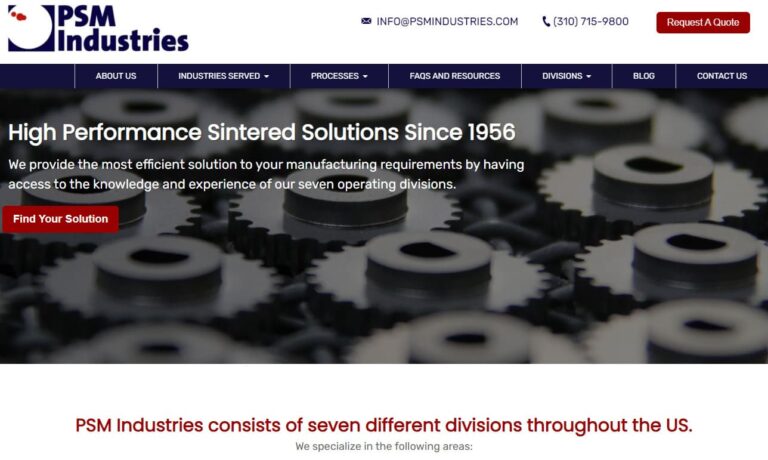
Our design team develops and tests specific materials that are best suited for the intended application. By carefully reviewing various performance data, we can determine the most suitable material characteristics that will provide optimum performance during the product's life cycle. Our design group reviews our customers' existing processes and components, and in many cases, can design a powder...
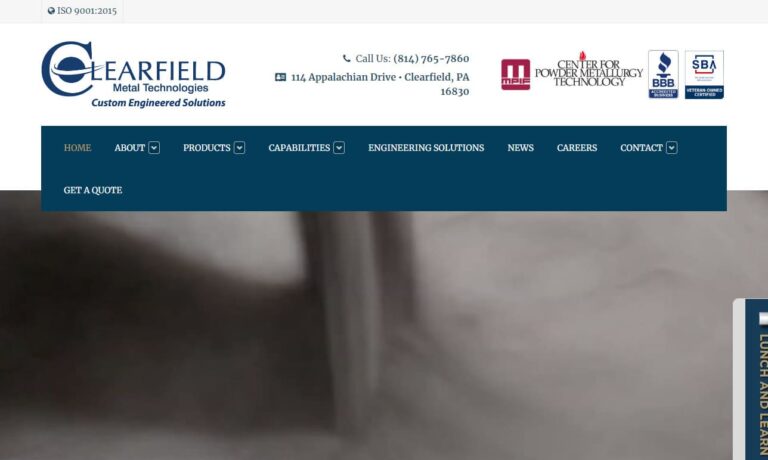
Connor Corporation is a leading manufacturer of powdered metal parts. We offer a wide range of metals including non-ferrous metals, stainless steel, steel alloys, and specialty blend alloys. Bring us your customs designs and our team will work with you to fill all of your needs. Connor Corporation also offers various secondary operations including plating and finishing operations, all of which...
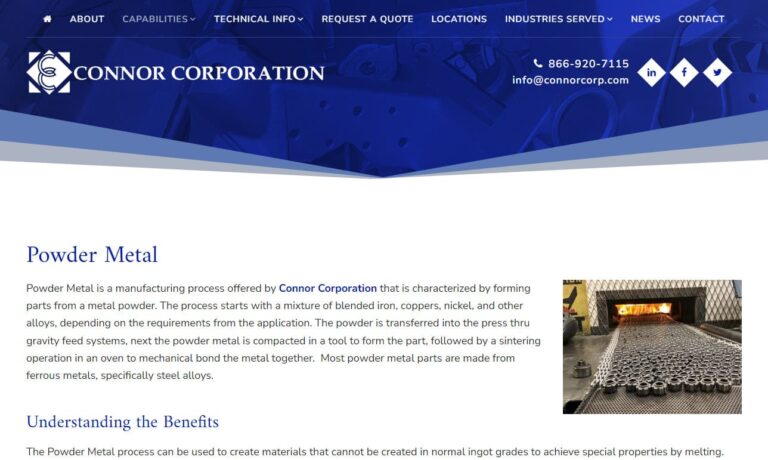
More Powdered Metal Manufacturers
Metal can be made into powder form using a variety of techniques, including atomization, chemical precipitation, centrifugal disintegration, and hydrogen reduction. Atomization, by far the most common of these methods, separates molten, liquid metal into small beads that are frozeninto a solid form.
Powdered metal is formed from solid metal bars or stock shapes into differing grades of fineness in order to be used in a wide variety of applications for which solid metal is not suitable. It can be made from a wide variety of metals, or combinations of metals including iron, aluminum, nickel, copper, bronze, titanium and brass. Industries such as electronics, pharmaceutical, cosmetic, automotive and industrial all use elements of powdered metals in a number of different functions. While there are a number of different methods for fabricating parts from powdered metal, it is widely used in the process of powder metallurgy for the fabrication of rigid and porous metal components. Aluminum powdered metal, bronze metal parts and iron powder metal are all common examples of the types of metals which are used from a powder form. Solid metals can be made into powder using a variety of techniques including atomization, chemical precipitation, centrifugal disintegration and hydrogen reduction. The most commonly used of these methods is atomization. The process of atomization separates molten, liquid metal into small separate beads that are then frozen into a solid form, creating a type of powder. The powder can vary in terms of granule size according to the desired finished product results.
The fabrication process of powder metallurgy uses powder metal in the construction of parts and components of varying complexities. It is composed of three different stages of production. After the initial process of metal powder formation, the powdered metal is forced into a die or mold cavity until it is completely filled. These are typically simple hollow shapes that are able to be used repeatedly to make solid parts from metal powder. Both heat and pressure are used in this formation process. The die or mold is put under great pressure in order for the powdered metal to adhere together into a solid shape. The product is then further heated in a furnace to a temperature just below the metal’s melting point. This ensures the bonding of the metal particles together in a rigid and high strength part. Using a metal powder also allows for various grades of porosity to be achieved in the finished products. Producing powdered metal parts results in very little waste as the material is forced into an enclosed die. In fact, approximately 97% of materials used during the process end up in the parts and not as scraps, making powder metallurgy both cost effective and environmentally responsible.

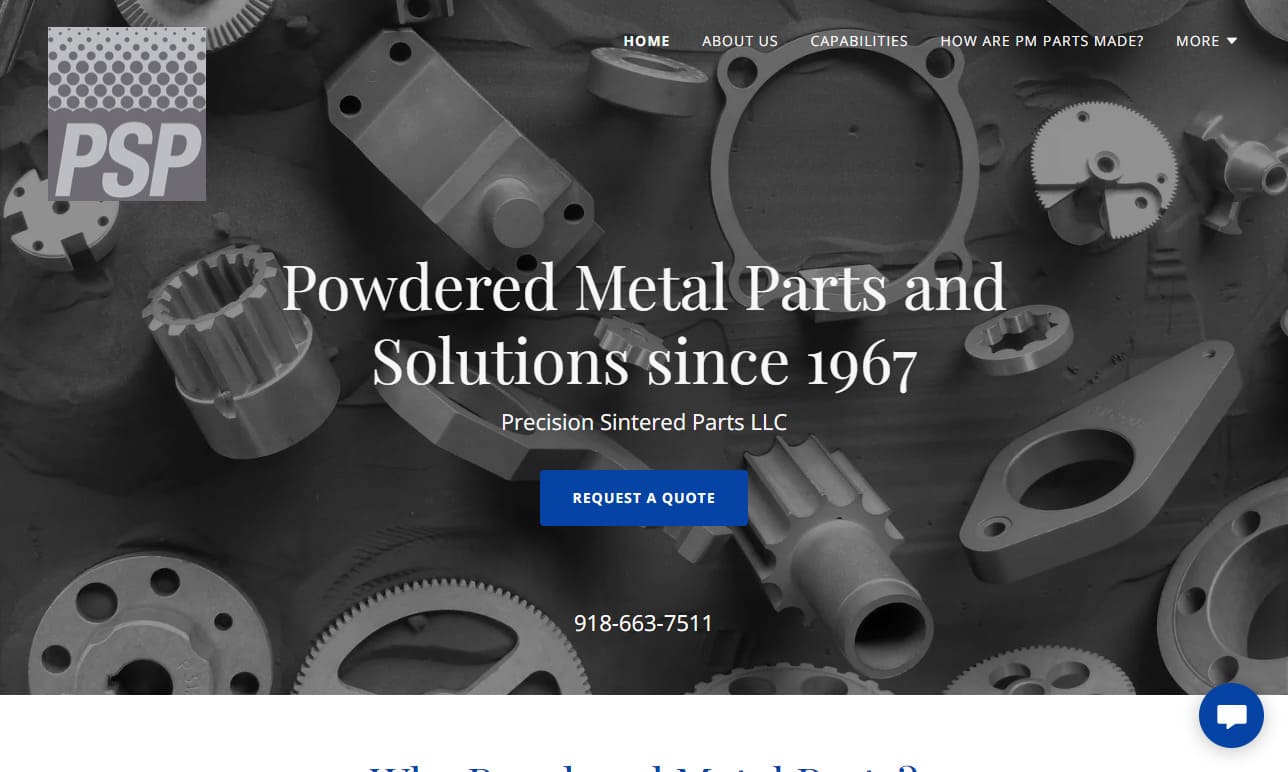
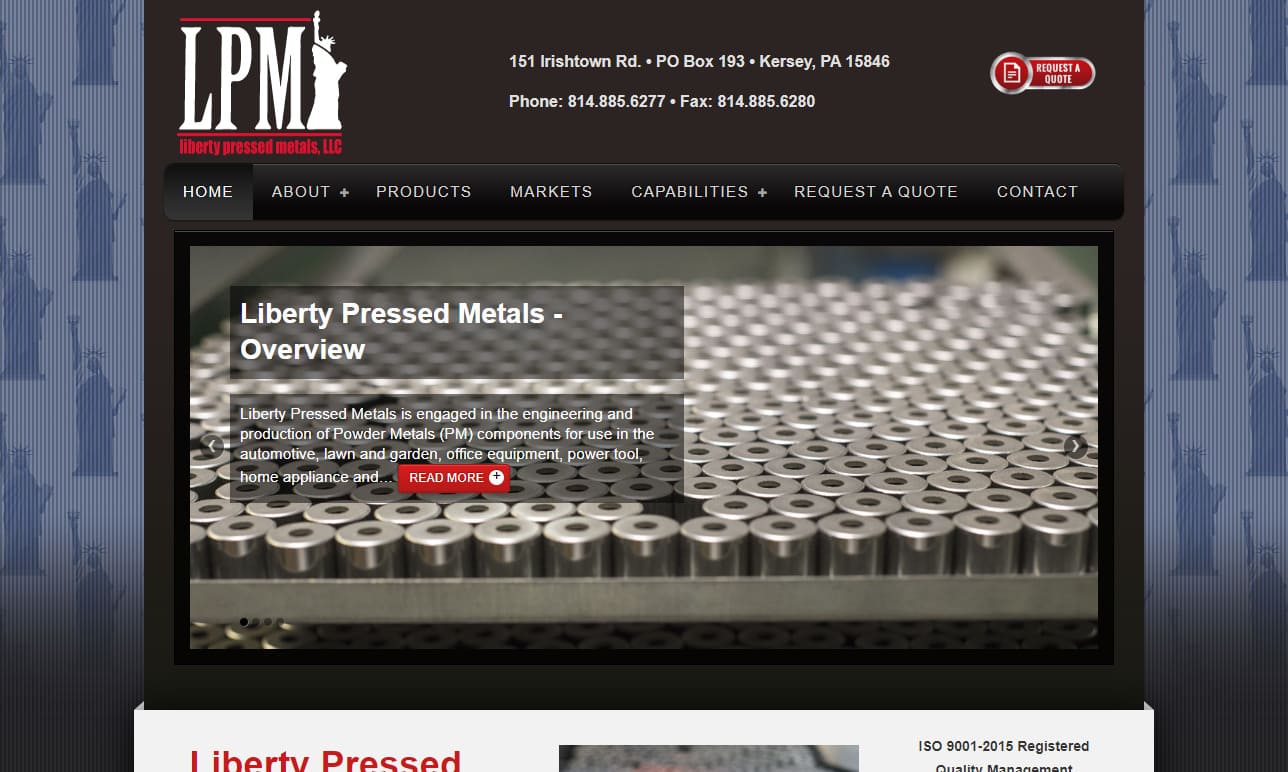
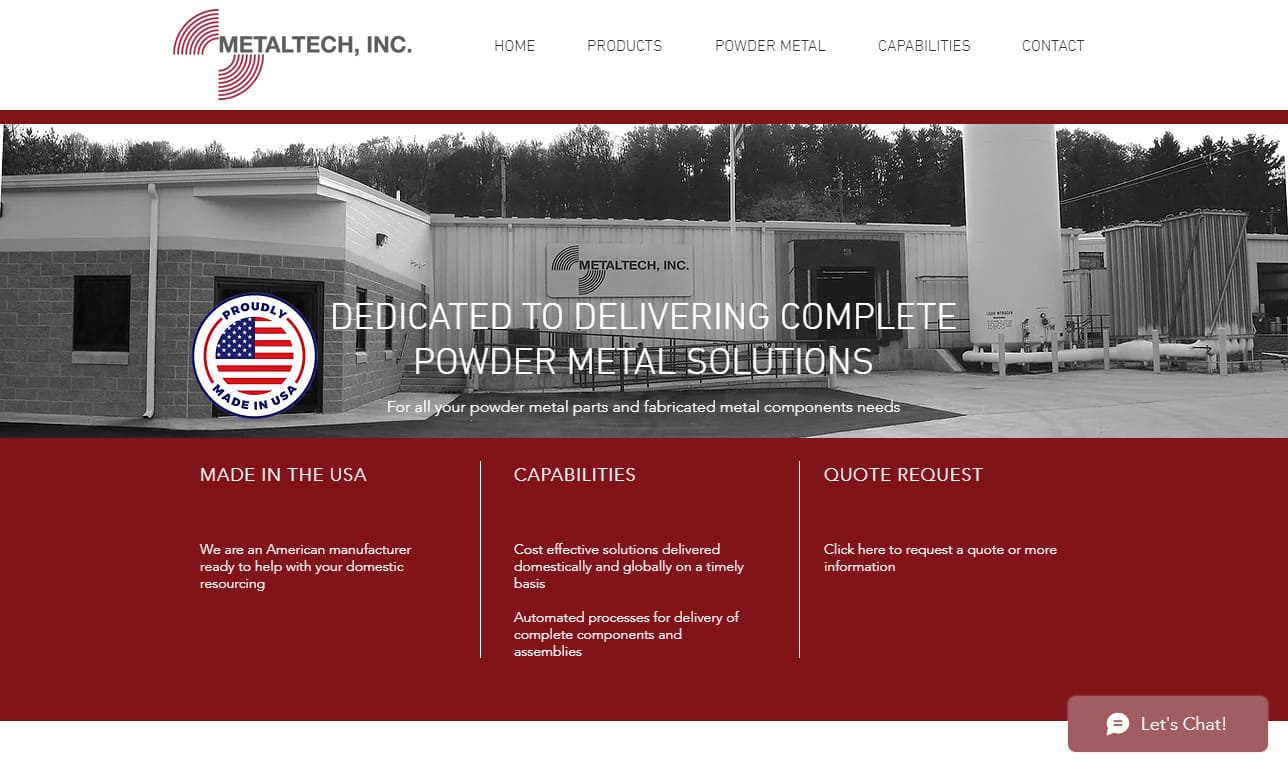
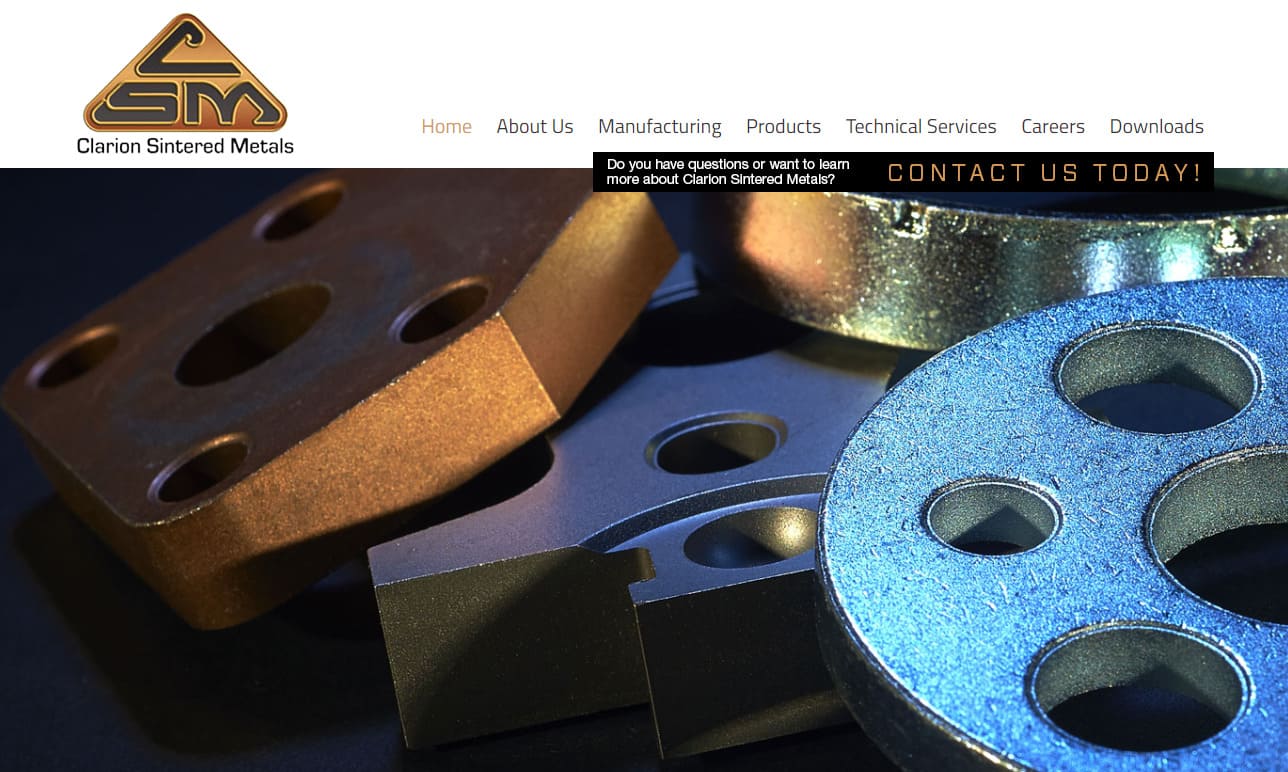
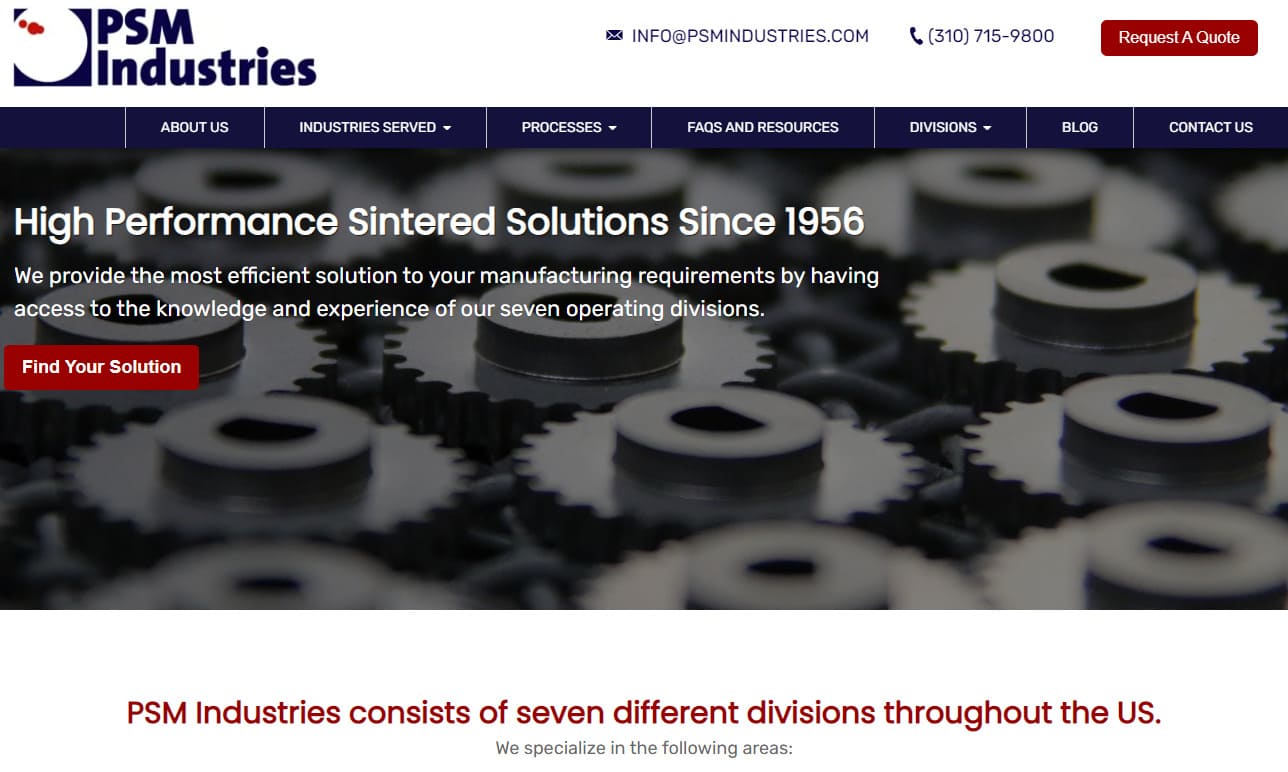
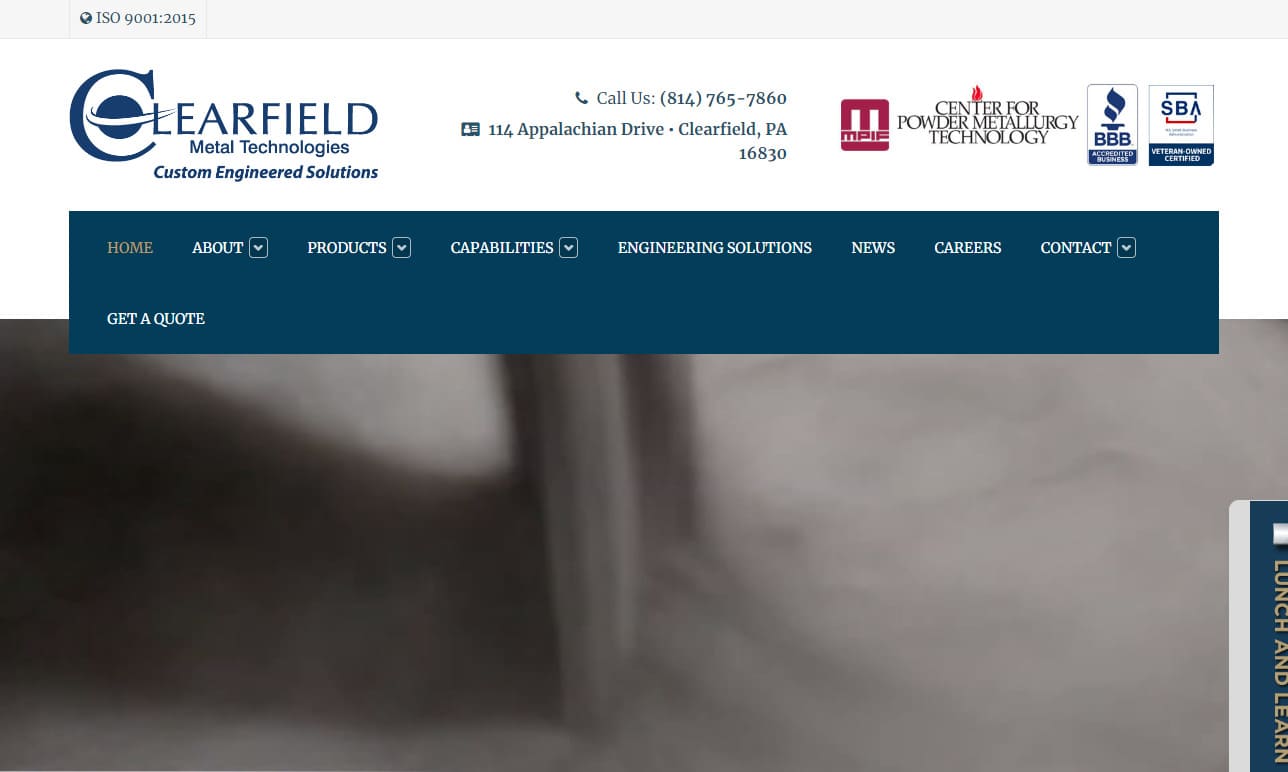
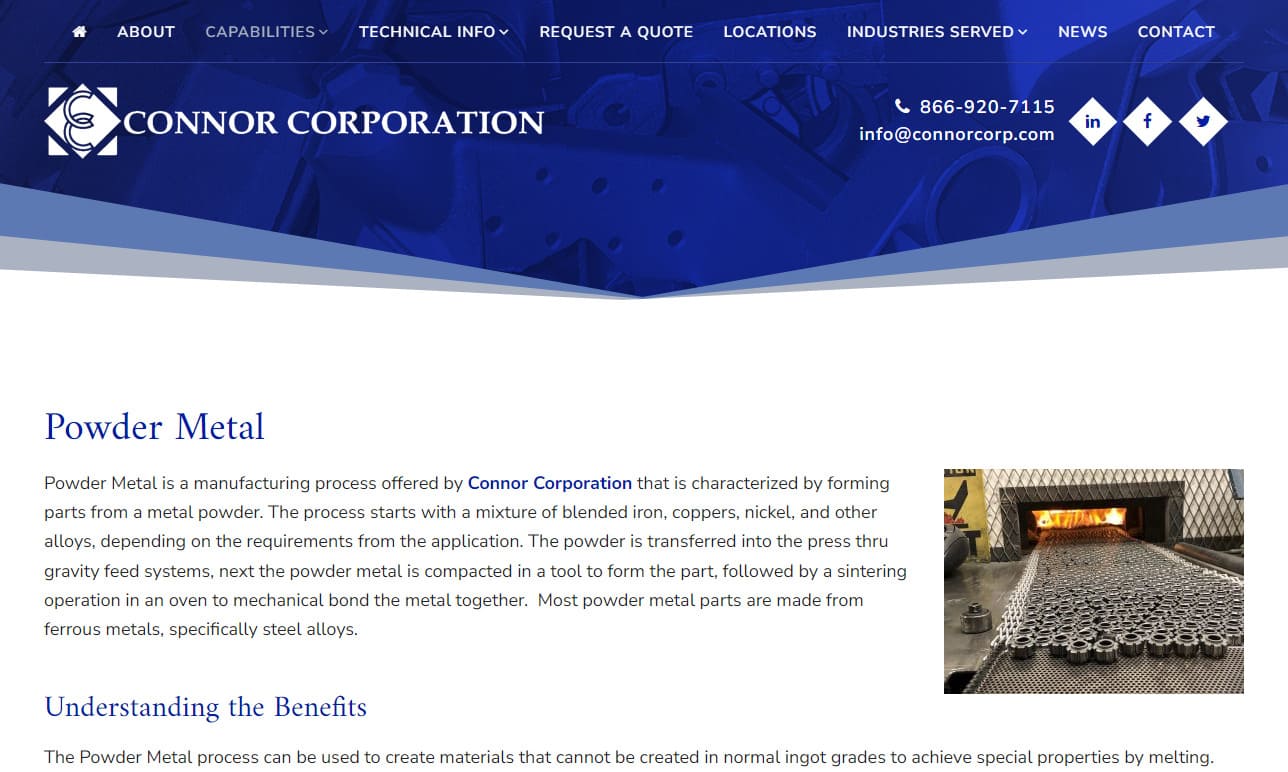
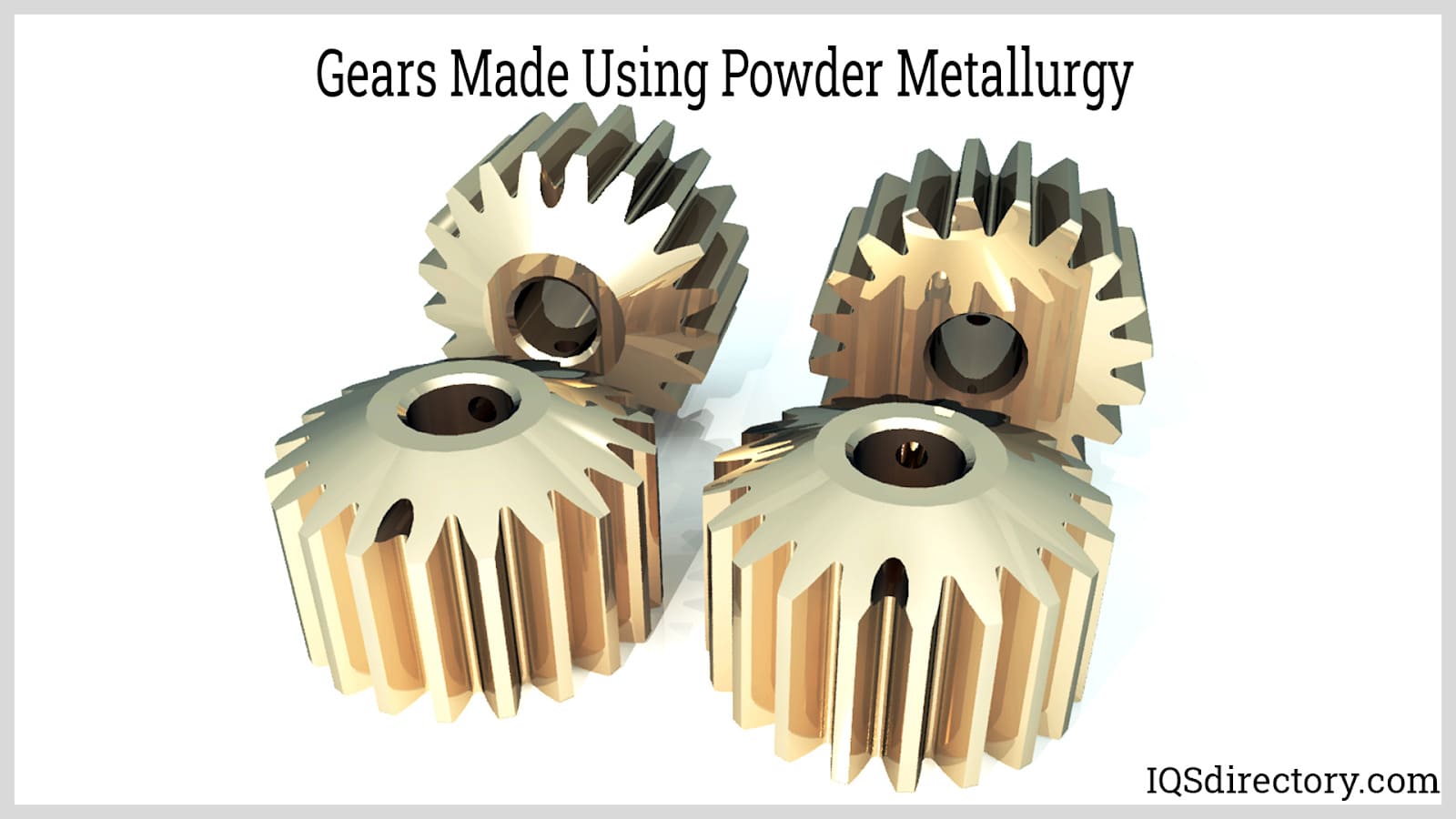
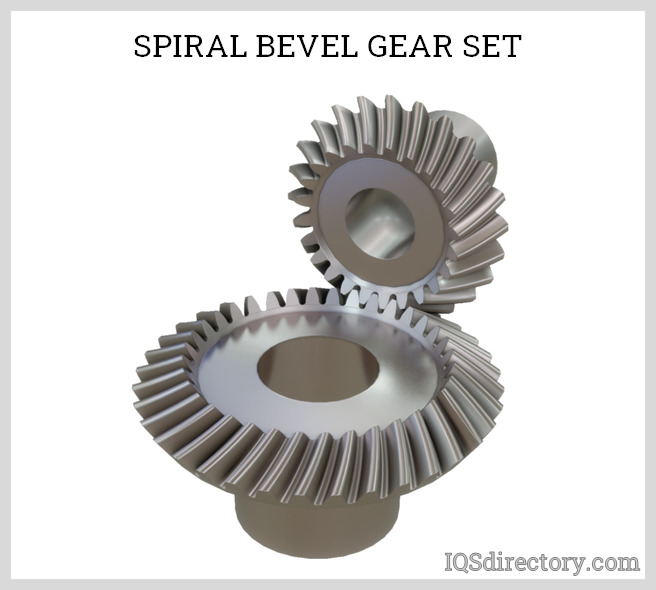
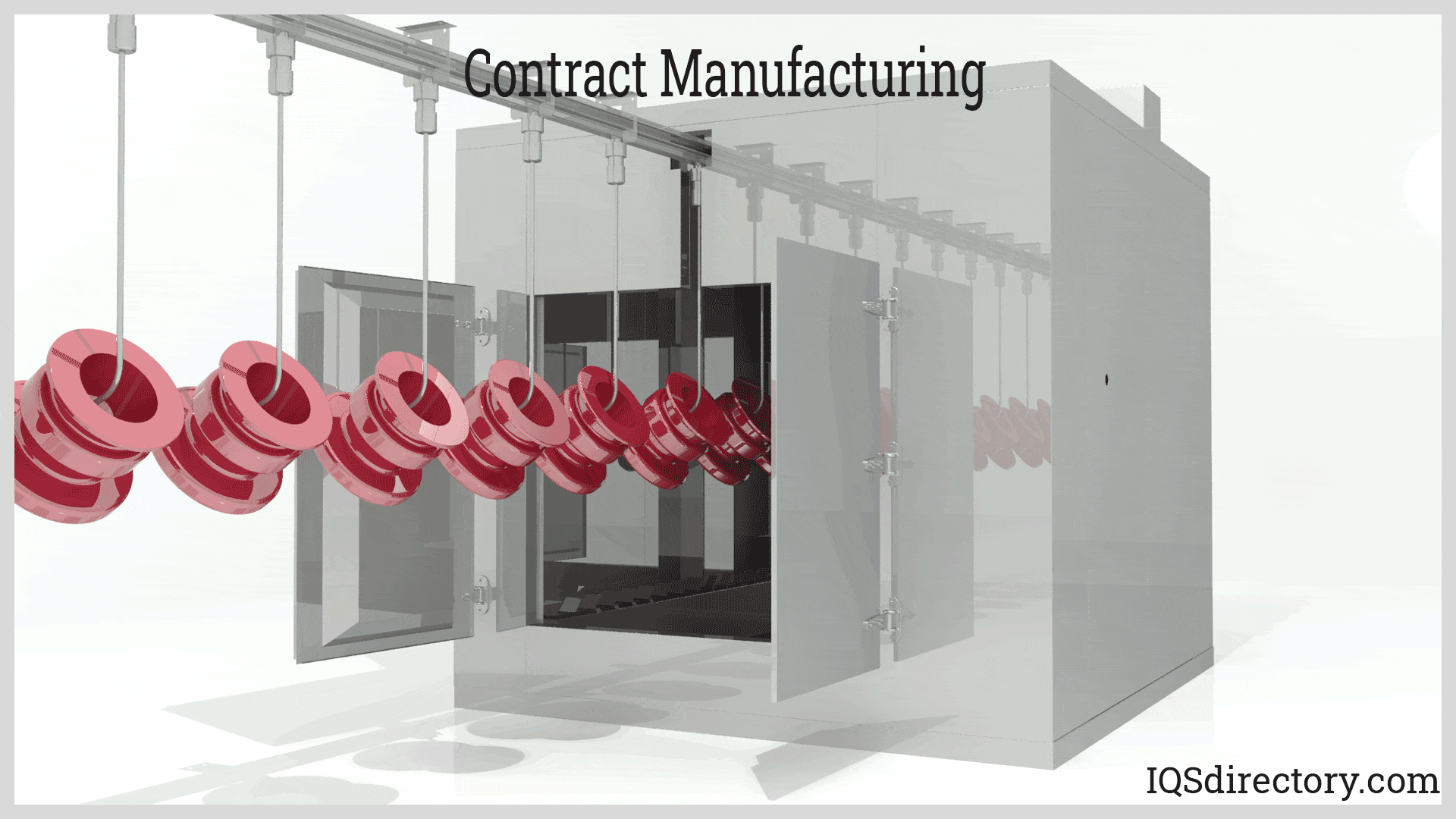
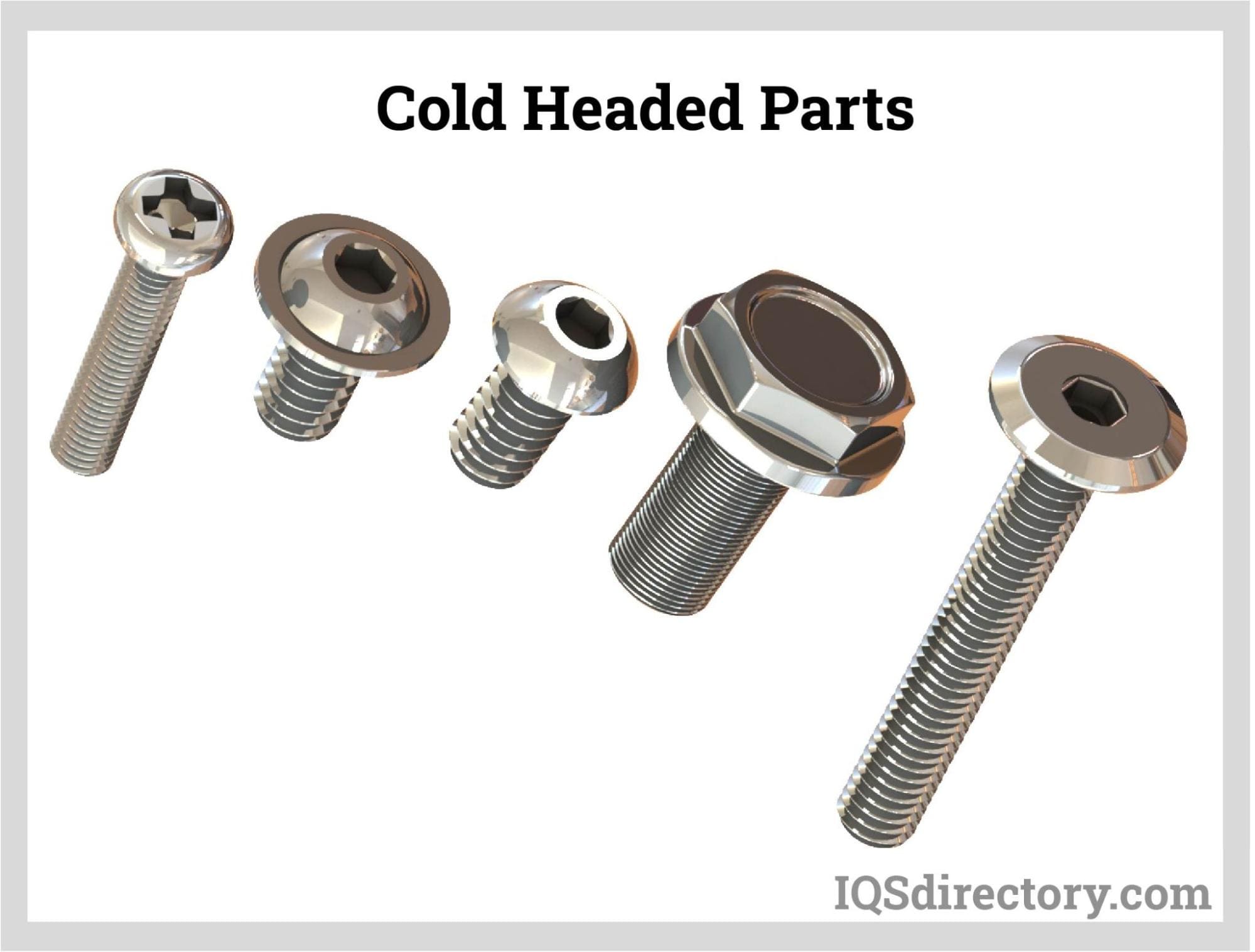
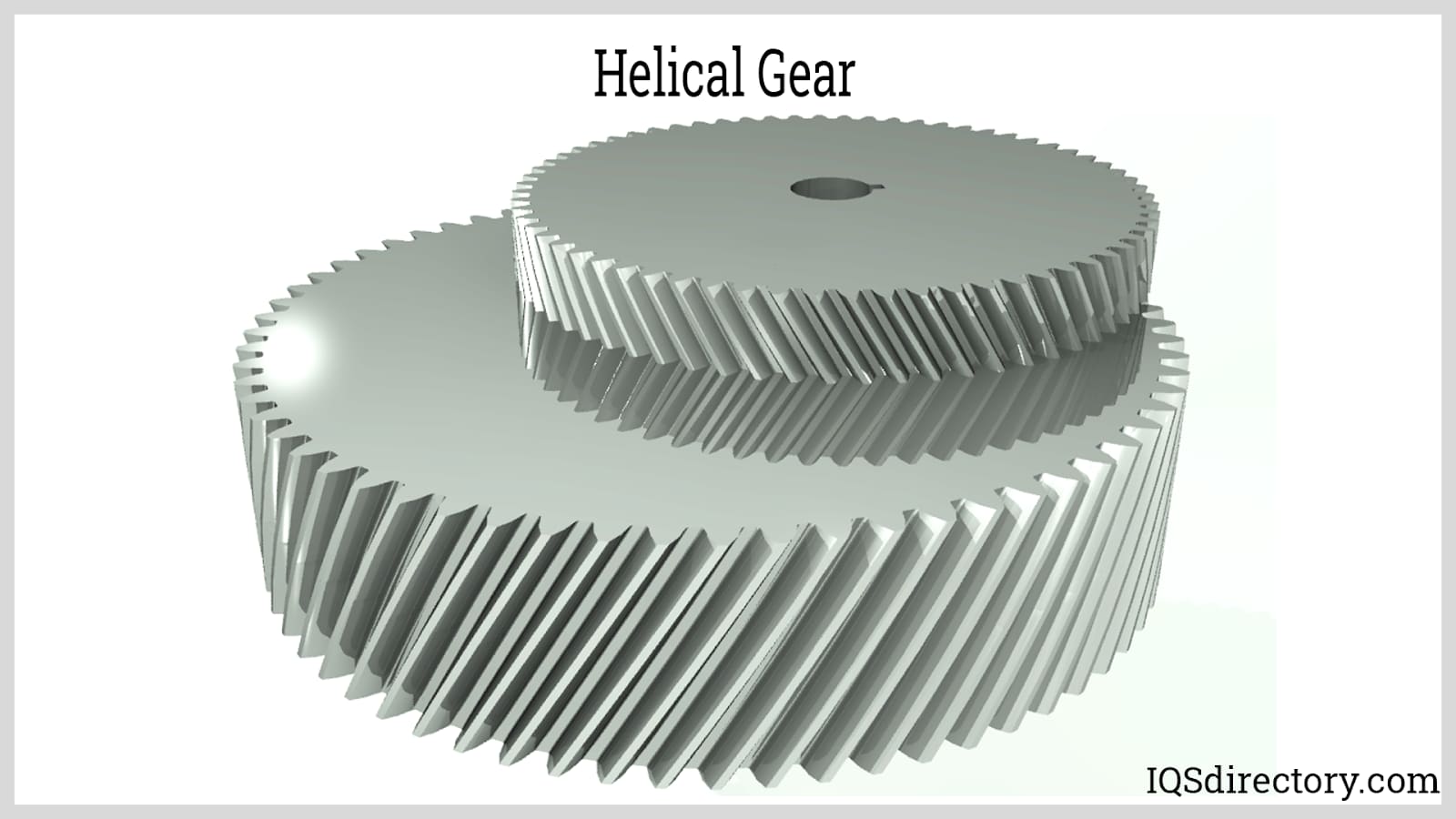
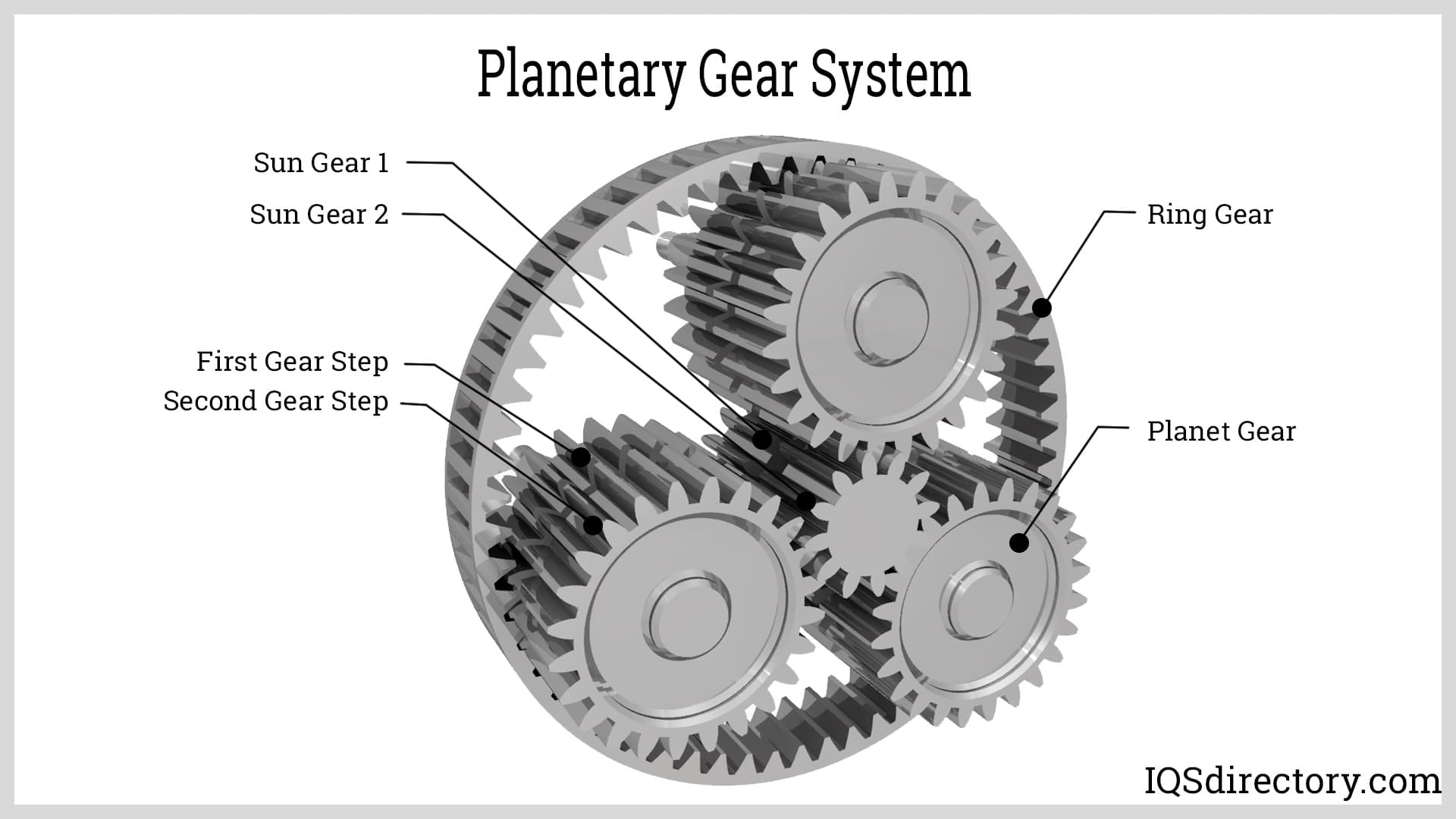
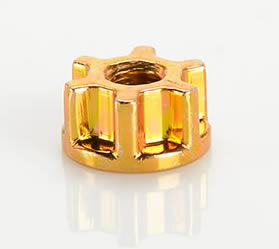 Cold Headed Parts
Cold Headed Parts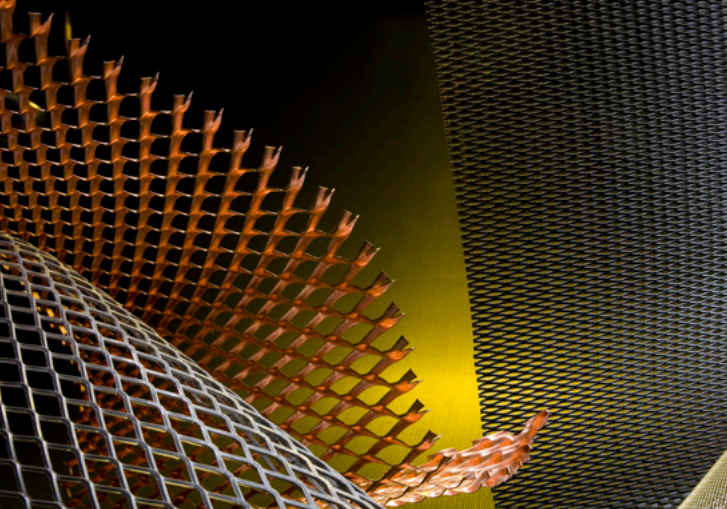 Expanded Metals
Expanded Metals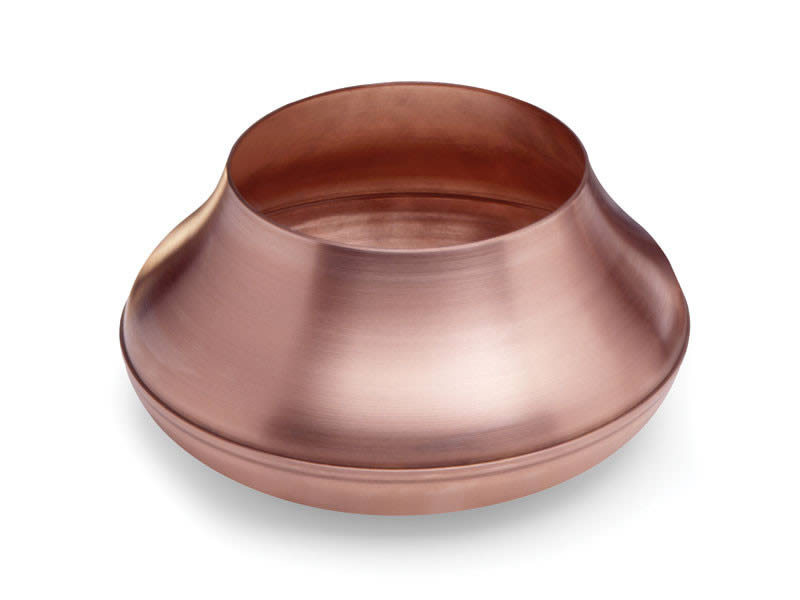 Metal Spinning
Metal Spinning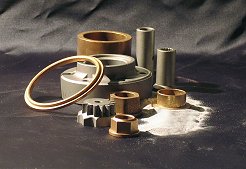 Powdered Metal Parts
Powdered Metal Parts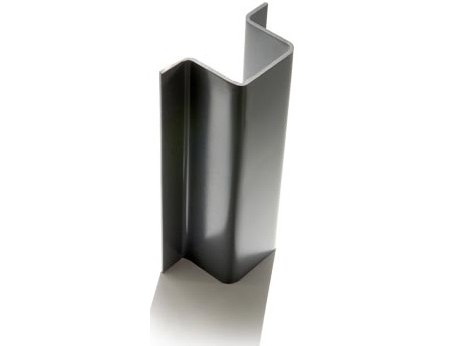 Roll Forming
Roll Forming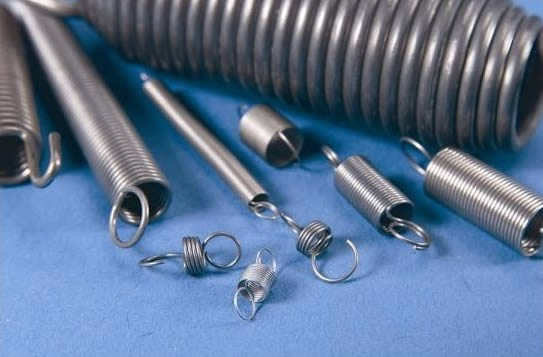 Springs
Springs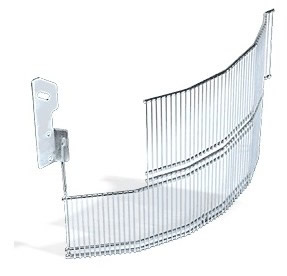 Wire Forms
Wire Forms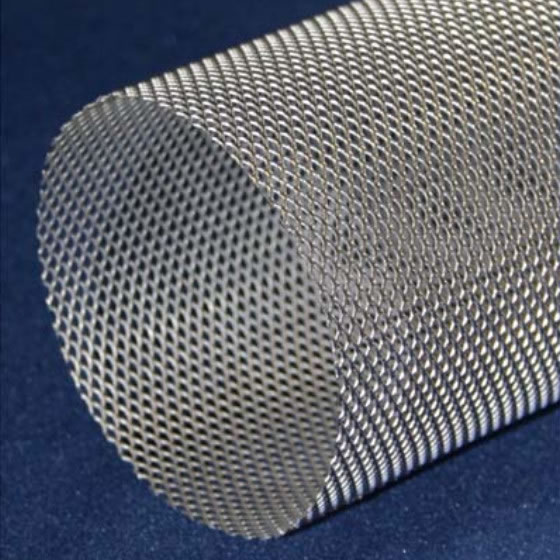 Wire Mesh
Wire Mesh Castings & Forgings
Castings & Forgings Bulk Material Handling
Bulk Material Handling Electrical & Electronic Components
Electrical & Electronic Components Flow Instrumentation
Flow Instrumentation Hardware
Hardware Material Handling Equipment
Material Handling Equipment Metal Cutting Services
Metal Cutting Services Metal Forming Services
Metal Forming Services Metal Suppliers
Metal Suppliers Motion Control Products
Motion Control Products Plant & Facility Equipment
Plant & Facility Equipment Plant & Facility Supplies
Plant & Facility Supplies Plastic Molding Processes
Plastic Molding Processes Pumps & Valves
Pumps & Valves Recycling Equipment
Recycling Equipment Rubber Products & Services
Rubber Products & Services